10 Things You Need To Do Before Contacting a Publisher by Guest @SydeFyre
Congratulations! You’ve completed the manuscript you’ve slaved over for weeks, months, or maybe years and are ready to begin seeking out your publishing path.
The publishing industry is massive. With resources like Draft2Digital, Smashwords, IngramSpark, and KDP all accessible, it’s entirely possible for an author to pursue publishing their book on their own.
Many terms come to mind when choosing this path:
- Self-publishing – Receiving assistance with publishing your book
- Indie Publishing – Doing it all on your own without any help
- Vanity Publishing – paying a company to publish your book
- Hybrid Publishing – a mix
I’ll never say indie publishing is a bad route to go. FyreSyde started there and branched out to become the small press it is today. However, the idea of marketing, hiring a publicist, promotion, reaching out to reviewers, etc., might sound daunting. Heck, let’s face it, it is.
Some authors – in fact, a large number of them – still choose to have a publisher (small press, etc) do the work for them. That way they can focus on the writing aspect of their work and let the publisher worry about publication.
Beware! Many authors think this means they won’t have to market. Spoiler alert: you as the author, are still your greatest asset in marketing.
Publishers have set numbers of resources allocated to each book since they deal with many more books and authors than a single person.
Think of it this way: You are a parent of a single child. Your neighbor has ten kids. It is much easier for the parent of a single child to offer more resources than the one with ten.
Let’s say that you choose the traditional publishing method. There are certain things you need to do if you hope to see your book accepted.
Ten Things to Do
Before You Contact a Publisher
- Read their submissions page thoroughly
- Have someone else (or two or three) look over your work
- Check the marketability of your book
- Locate your target audience
- Have a query letter ready even if they might not need one
- Examine their books: see what you like or don’t like
- Ask questions
- never assume they have to have your book: They don’t
- Remember they are a business
- Be willing to work with them!
Let’s Dive Deeper.
- 1Read The Publisher’s Submissions Page Thoroughly
We can’t tell you how many manuscripts we turned down because submitting authors didn’t read our submissions page. Doing this often ends in automatic rejections because it shows the author can’t be bothered to follow rules. For FyreSyde, this shows us the author doesn’t have our interests in mind and may not be willing to take our feedback to heart.
The submissions page is the first go-to for anyone wanting to query. Read it thoroughly!
- 2Have Someone Else Look At Your Work
Publishers have editors that can handle the more minute aspects of editing and revision, however, never think this means you shouldn’t have at least two (sometimes three) other people look at your work. Getting an understanding of potential readers and spotting messy opening paragraphs full of errors can help keep your manuscript in a publisher’s eye.
FyreSyde often follows that very important rule of first impressions. We don’t expect authors to have perfect manuscripts, but we do expect to be dragged into an author’s story from page one. If we aren’t, we’re very quick to reject.
- 3Check the Marketability of Your Work
This is very important. Never should you write to market, but you should know the marketability of your work. This is something that plays a key role in our choices of manuscript. Just because we like a story, it doesn’t always mean we’ll be able to market and sell it. Doing some of this research ahead of time can often mean the difference between acceptance and rejection.
Never take a rejection personally! Publishers are businesses who are inundated with manuscripts on almost on a daily basis. We simply cannot accept all of those thrown at us. Also, don’t be afraid to hold onto a manuscript or use one as freebies to gain a readership. Knowing how to use these tactics can help an author gain a following.
THRU MAY 15
Enter this massive Rafflecopter giveaway!
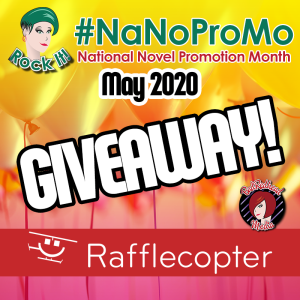 Click Here for the Rafflecopter Giveaway
Click Here for the Rafflecopter Giveaway
- 4Locate Your Target Audience
Something publishers do when marketing is to locate a target audience. This helps narrow down the aiming of ads and reduce the cost of throwing pasta against a wall. You, as the author, should know this as well before selecting a publisher to help in your marketing endeavors.
The golden rule in business: Work Smarter, Not Harder.
- 5Have Your Query Letter Ready
Some publishers don’t require query letters, but it never hurts to have one prepared. Do so by having others read it, preferably authors who have written one and received a publishing deal with it.
- 6Examine The Publisher’s Books: See What You Like or Don’t Like
Publishers often have something a potential author might not like. Before contacting them, do thorough research into their covers, marketing partners, media connections, etc. For example, say you find a publisher you really want to query, but you don’t like their covers.
Reach out to them and see if you can bring your own cover artist. Many often will say yes because we like to save money where we can.
- 7Always Ask The Publisher Questions
After you have played by all the rules, the final one is to measure your success. You aim for goals and measure the outcome of how close you came. You can find gaps or decide to improve strategies. Evaluation helps you get better at playing the game.
- 8Never Assume a Publisher Needs Your Work: They Don’t
Keep in mind, a publisher doesn’t need your manuscript. They don’t have to read your book. This is why querying is so important. Though some publishers don’t need a query letter, it can often give them a feel of your book before accepting or rejecting it.
Another key thing to remember, a publisher is a business. They have to make money back on what they’re marketing. If their audience isn’t a fit for your book, they can and most likely will reject it.
- 9Remember, Publishers Run a Business
By now, I’m sure you’re sick of seeing this. There’s a reason why I’ve harped on it so many times. It’s because we’ve received many emails stating we have to and need to have an author’s book. I won’t go into detail again because I know it’s been said.
If the demand isn’t present, or if a book doesn’t fit in with our audience, a publisher has to make a business call. We might personally love your work as readers, but in the end, it all comes down to supply and demand.
- 10Be Willing To Work With The Publisher
This is the biggest piece of advice to keep in your back pocket. Too often authors are unwilling to “murder their darlings” when a publisher gives feedback. For FyreSyde, this is another key “first impression” we notice when offering feedback as to why we rejected something. If the author is willing to look at what is said and address concerns, it shows massive flexibility.
This isn’t to say an author should go back and take, remove or destroy the essence of what makes a story theirs, it means they’re willing to see from another point of view. Just as there is an abundance of different readers, so too is there an abundance of different publishers.
If a publisher doesn’t like your work for reasons you don’t want to change, go find another. You might’ve not found your right fit.
Bonus Tips
Have an Online Platform Somewhat Ready
Having a following – even if it’s for the love of your cat memes – can help alleviate the stress of starting from step one. Even if you only run an Instagram and have 100 followers, it can help. Some publishers won’t even look at an author who doesn’t have some sort of platform.
Have an Inkling of How Publisher’s Market Your Work
This is a big help when it comes to talking with your publisher’s marketing team and keeping your own stress level down. As mentioned, you, the author, are your best marketing tool. Knowing some information on how to market and where to look beforehand helps move the process along.
Have a Publisher/Agent Test Lab
I know what you’re thinking: What in Sam Hill is a “test lab?” This is simply a list of pre-researched agents and publishers you want to query. I do this for every one of my books before even finishing a manuscript and it alleviates so much stress.
When Building Your Platform, Don’t Book Bash
This has little to do with choosing a publisher, but it’s something important to know. There are tactful ways to market a book (or anything for that matter). Try showing what else you’re passionate about! Make your book a part of your life with different interviews, sneak peeks, etc.
Have Your Marketing Plan Ready
Another key piece of advice, have a plan! For those planners out there, this is no different. Always have a list of whom you plan to contact and how you want to get your book out there. Showing this to a potential publisher can show initiative and independence.
Turn ON Your Business Cap
This might not be something you want to hear. Publishing of any kind is a business and a team effort between you and those you work with. For publishers, it’s working alongside them to help your book be the best it can be.
Don’t Email Flood
We understand waiting weeks and months can get agitating. Especially when your nerves are on the edge of your skin. Still, resist the urge to email flood your publisher. This is a surefire way to get tossed in the dreaded slush or rejection pile. Simply submit and wait. If you don’t hear from them, assume you have been rejected and move onto the next one in your test lab.
Avoid Emailing During Closures
This goes along with reading a submissions page. Many small presses have select windows they accept manuscript submissions. If you’re interested in working with a particular publisher, watch them and wait for them to open.
Follow Their Format
Again, this goes along with submissions, but we feel it needs to be said because of how many times we’ve experienced it. Many publishers have specifications (e.g., page sizes, margins, word count, etc.) they want from manuscripts. Make sure all of these are followed! Not doing so can end in an automatic rejection.
Don’t Rush Your Contract: Yes! You’ve got acceptance!
But wait! Don’t sign on the dotted line just yet.
Read the contract thoroughly, weigh your options, and see how much say you have in the publishing process. Nothing hurts worse than seeing your book baby not turn out how you wanted it. Make sure everything is what you expected. This includes royalties and payment schedules.
THE GIVEAWAY
3,000 word manuscript evaluation to gauge marketability
and a 30-minute Skype call with FyreSyde Publishing
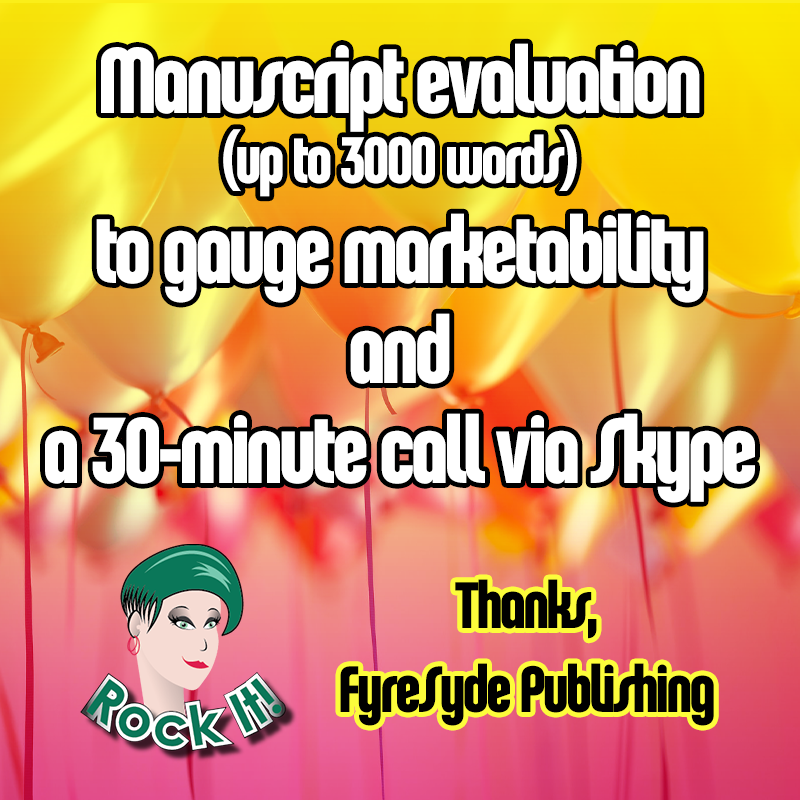
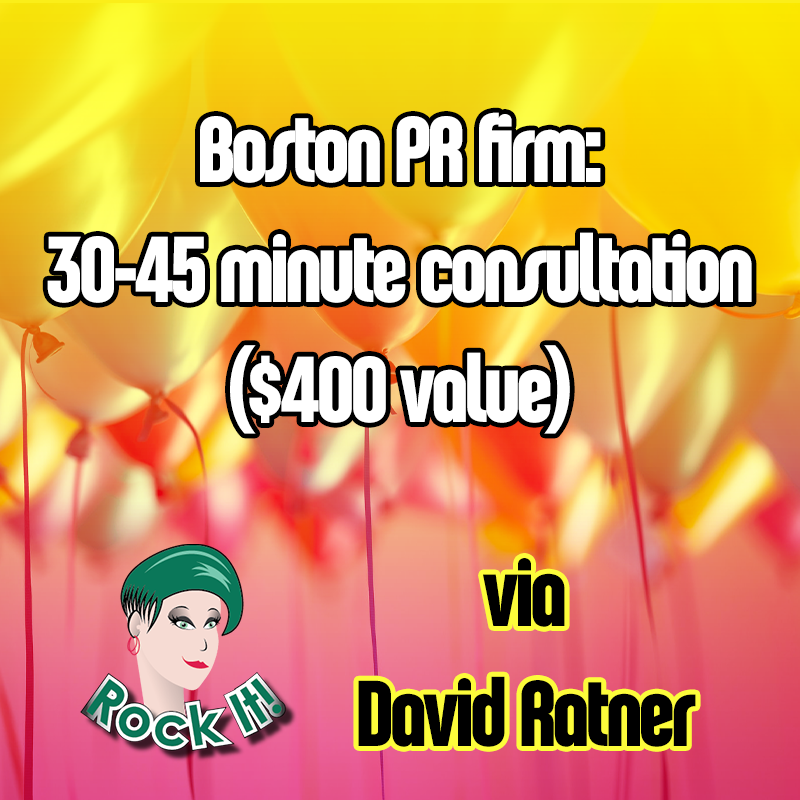

Want to win this giveaway? Simply leave a comment WHY below!
All comments must be left prior to midnight on Thursday, May 7th, 2020 in order to be eligible to win. Winners for the week announced on Friday, May 8th.
Good luck!
Blaise Ramsay
For a more detailed plan on developing your book marketing, purchase Rachel’s new book,
The BadRedhead Media 30-Day Book Marketing Challenge
Now on Amazon!
Readers’ Favorite Silver Award Winner!
Have you signed up for my newsletter yet?
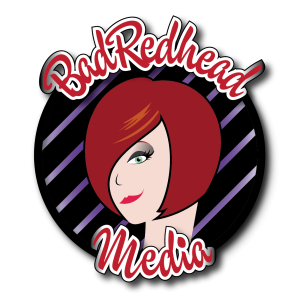


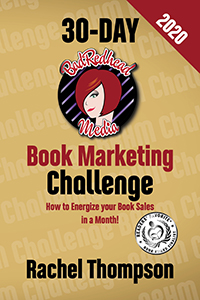
Thank you for these tips. The reminder about the business end is very important. As I was an auditor and have a degree in accounting, I already adhere to the mantra that Everything is a Business. This is true from the Ford Motor Co. to your household. Financial strategies and decisions fit into each model. All need to be run wisely and profitably. Be Well and thanks for the article.
All excellent advice here. I believe that before submitting to either a publisher or editor I must have my draft in the cleanest possible form. That doesn’t mean I’m not open to editing suggestions, just that I’ve reduced the overall workload as much as possible before hitting “send”.
I’ve worked with small presses and I’ve self-published, and I can see the pros and cons of each.
That said, I think one of the weakest areas for me it knowing my target audience. I could certainly use more advice in how to pin down that group.
Target audience is always a question we get a lot of. Definitely feel free to ask any questions you might have anytime and good luck with the giveaway!
Most thorough article yet! Everything is covered in this post including things people forget or go unnoticed. Good advice for people looking for a publisher or looking to self publish.
Very glad to hear this helped and that you found use for the tips even when choosing to self-publish. That is definitely what we hoped for!
I self-published my first novel in 2018, and its sequel will be released into the world in the fall. After that, I’ll likely pursue the traditional publication route for my next book. Of the ideas above, I find it most challenging to assess marketability. Next to that would likely be finding the right fit in a publisher.
I’d love to win this giveaway because, based on your post, it sounds like you’d be an ideal person to shine some light on these mysteries!
You’re always welcome to contact us with questions! We’re more than happy to answer them and are glad to hear this post helped you! Good luck on the giveaway.
l appreciate that your tips address both the writing and business/marketing aspects of submission. I tend to focus on the former, which come easily to me, and shy away from the latter, which are hard for me. It is good to be reminded not to give short shrift to matters that are difficult for us. I would love to win your giveaway because it will help me gauge whether I have successfully addressed my weaknesses and arrived at the correct conclusions. Thanks for your article and the giveaway offer.
Great tips, Blaise! Thanks for sharing your expertise!